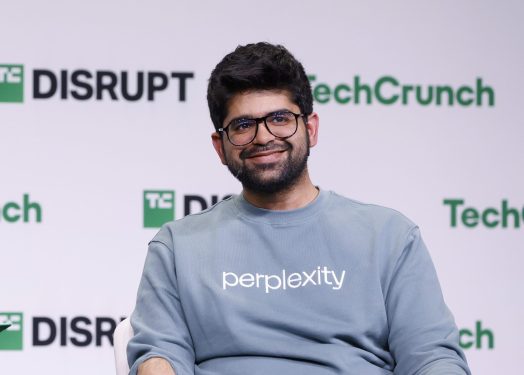In a bold move, AI search engine Perplexity has made an unsolicited offer to purchase Chrome from Google for $34.5 billion in cash, according to a Reuters report. Perplexity has confirmed the offer to TechCrunch, detailing terms that include a commitment to keep Chrome’s underlying engine, Chromium, open source while investing $3 billion into the project.
The company has also pledged not to alter Chrome’s user defaults, including the default search engine, meaning Google would remain the primary search provider rather than being replaced by Perplexity’s AI-powered alternative. Google has not yet responded to the offer, but TechCrunch will update the story if a statement is issued.
This bid follows a March proposal from the Department of Justice urging Google to sell Chrome after a judge ruled the company acted illegally to maintain a monopoly in online search. Google has vowed to contest the ruling and has shown no willingness to sell Chrome. A Perplexity spokesperson anticipates the court will soon outline remedy terms, possibly later this month.
Google is also embroiled in another federal case where a judge ruled it illegally monopolized the adtech market. The DOJ has suggested Google divest two of its adtech products or break up its ad business.
When the DOJ initially proposed Chrome’s divestiture, both OpenAI and Perplexity expressed interest in acquiring the browser. Given Chrome’s dominance with a 68% market share, a forced sale would likely attract global bidders.
Interestingly, DuckDuckGo’s CEO testified in April that Chrome could be worth upwards of $50 billion, making Perplexity’s $34.5 billion offer seem like a potential bargain. However, the bid far exceeds Perplexity’s funding and valuation. The startup has raised approximately $1.5 billion, including a recent $100 million extension round that valued it at $18 billion.
Meanwhile, Perplexity launched its own AI-powered browser, Comet, last month, aiming to expand its search business independently of Google’s browser dominance. Additionally, Perplexity reportedly submitted a bid last month to merge with TikTok, signaling aggressive expansion ambitions.

